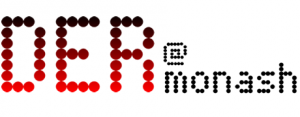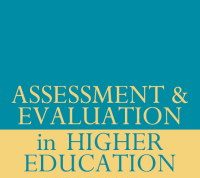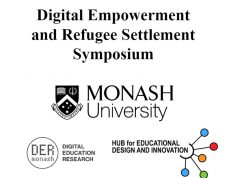This new paper from DER member Prof Michael Henderson reveals new insights into the factors that influence the tempation to cheat in large scale digital exams.
Discussions around assessment integrity often focus on the exam conditions and the motivations and values of those who cheated in comparison with those who did not. We argue that discourse needs to move away from a binary representation of cheating. Instead, we propose that the conversation may be more productive and more impactful by focusing on those who do not cheat, but who are tempted to do so. We conceptualise this group as being at risk of future cheating behaviour and potentially more receptive of targeted strategies to support their integrity decisions. In this paper we report on a large-scale survey of university students (n = 7,511) who had just completed one or more end of semester online exams. In doing so we explore students’ reported temptation to cheat. Analysis surrounding this “at risk” group reveals students who were Tempted (n = 1379) had significant differences from those who Cheated (n = 216) as well as those who were Not tempted (n = 5916). We focus on four research questions exploring whether there are specific online exam conditions, security settings, student attitudes or perceptions which are more strongly associated with the temptation to cheat. The paper offers insights to help institutions to minimise factors that might lead to breaches of assessment integrity, by focusing on the temptation to cheat during assessment.
Citation: Henderson, M., Chung, J., Awdry, R. et al. The temptation to cheat in online exams: moving beyond the binary discourse of cheating and not cheating. International Journal of Educational Integrity 19, 21 (2023). https://doi.org/10.1007/s40979-023-00143-2







